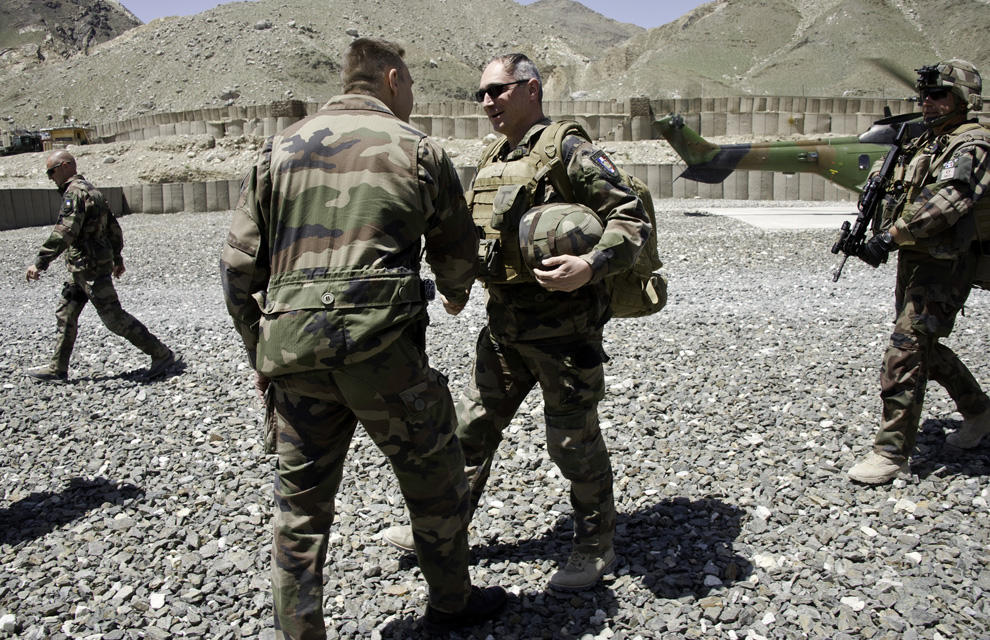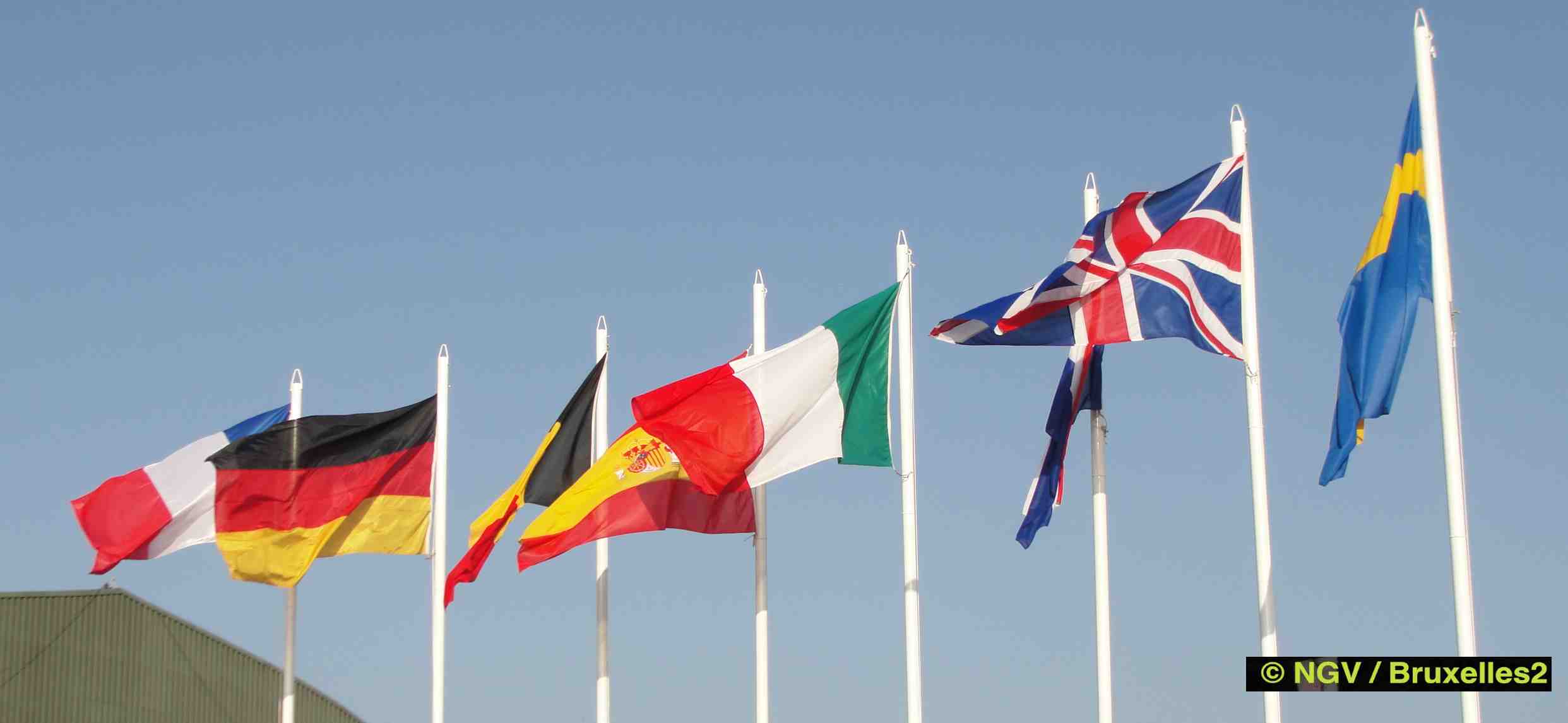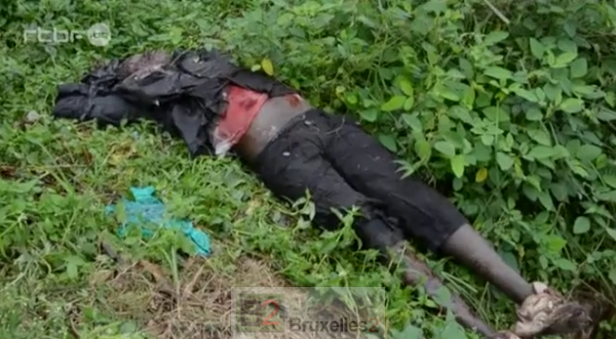Rasmussen in Holland: we'll call next week, please!

(BRUSSELS2) “ I had Hollande on the phone yesterday. I congratulated him and told him that I would like to work closely together when he takes office.". From the outset, Anders Fogh Rasmussen, the Secretary General of NATO wanted to emphasize this to journalists today (Friday May 11) during his monthly press briefing. It is a question of clearly showing that contact has been established between the military organization and the new French president. Of course, it is the question of the French withdrawal from Afghanistan at the end of 2012 that torments every mind. She was approached briefly » he wanted to clarify. But we agreed to continue the “ dialogue, next week, when it will be invested ».
Officially, therefore, nothing has changed in the system on site or in the planning for the gradual end of the NATO mission (ISAF), the term of which is set for 2014, with transition starting in 2013. But the secretary general was careful not to condemn the French position or to prejudge the future. He also said he hoped that the " Afghans will be able to take over more areas " In the coming months. " They become more efficient and confident in themselves every day. ". A rather ritual phrase from Rasmussen which cannot be translated as a possible change of position but translates a concern on the part of several political leaders: now we must act quickly and not drag on.
The fear of an overflow
In fact, what Rasmussen and Alliance officials fear most is a runaway effect. Other countries are just as subject to internal and economic pressure, and could thus seek to follow the French position or choose to leave quickly. It will be all the more untenable for certain governments to maintain their position vis-à-vis their public opinion, while severe budget cuts are underway. Suddenly the pressure could be strong on the American and British forces, in the first place, who carry the essential part of the combat effort on the spot (respectively 90.000 and 9500 men) but also German or Italian who form the 3rd and 4th contingent in importance (respectively 4900 and 3800 soldiers (*).
Precedents
Anyway, the Secretary General of NATO knows very well that he will be obliged to accept this decision. The electoral campaign is not in fact over, and today renouncing or amending a position which was the key and most visible point of the new foreign policy that F. Hollande intends to pursue would constitute a political error by the new government. . On the French side, we also underline the extent to which the commitment of soldiers in a multinational coalition results from a decision that is first and only national. There are important precedents like the Spanish decision taken after the change of government (Zapatero) to withdraw from the coalition in Iraq. Or the Dutch decision to withdraw from Afghanistan, taken there too after a government change (change of majority in the House). Each time, the allies had to bow to such a decision.
The French: 3300 men on site
That said, it is not a question of a complete departure from Afghanistan of all French soldiers. And contrary to what some critics of this position claim, the withdrawal is not a radical policy change. Just an acceleration of the calendar, a few months in fact...
On the one hand, the deadline of the end of 2012 concerns only the fighting forces, in other words those present in Kapisa, and not the support, training or logistics forces. It should thus remain on the ground still French personnel, in particular to ensure the dismantling and the repatriation of the materials which could then be spread out in 2013. Simply, the succession envisaged at the end of the year could not leave, or leave in a different format.
On the other hand, the French withdrawal has already begun. The number of French soldiers on site, according to the latest figures officially communicated by the Alliance, reached 3300 soldiers (against 3800 at the start of the year). And several advanced combat posts (COP) have already been transferred to the Afghan army: Hassanabat in September 2011, Alasay in February 2012, Shekut (in the Alasay valley) and post 52 in March. All the COPs in the Alasay valley are held by the Afghan security forces, it is specified at the General Staff of the armies in Paris.
(*) While the Italian contingent has fallen slightly (3950 at the start of the year), the German contingent has increased (4700 people at the start of the year).


